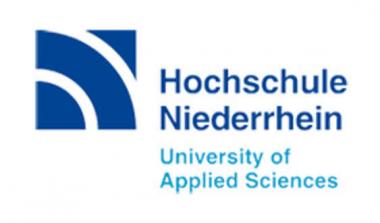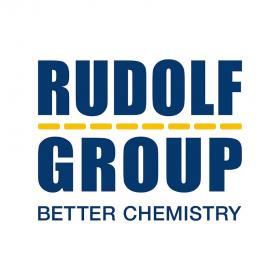Hochschule Niederrhein: Nachhaltige Textilproduktion
- Fachbereich Textil- und Bekleidungstechnik diskutiert über nachhaltige Textilproduktion
- 26. April 2018, 16 Uhr, Hochschule Niederrhein, Campus Mönchengladbach
Mönchengladbach - Vor fünf Jahren stürzte in Bangladesch die Textilfabrik Rana Plaza ein, über 1135 Arbeiterinnen und Arbeiter starben. Der Fachbereich Textil- und Bekleidungstechnik der Hochschule Niederrhein nimmt dieses traurige Ereignis zum Anlass, um im Rahmen einer bundesweiten Aktionswoche über Nachhaltigkeit in der Textilindustrie zu diskutieren. Am Donnerstag, 26. April 2018, sprechen der Näher Hasmukh Dodhi und der Fabrikmanager Amid Narke über die Herausforderungen in der Branche und die Chancen durch Fairtrade. Das Gespräch moderiert Prof. Dr. Rudolf Voller vom Fachbereich Textil- und Bekleidungstechnik.
Der Mönchengladbacher Fachbereich setzt sich seit 2012 für fairen Handel und nachhaltige Bekleidungsproduktion ein. Auch die Stadt Mönchengladbach unterstützt als Fairtrade Town die Aktivitäten. Die von dem Verein TransFair organisierte Aktionswoche möchte die Diskussion über die Arbeitsbedingungen in der Textilproduktion fördern. „Wir möchten unsere Studierenden frühzeitig mit der Thematik der nachhaltigen Textilproduktion vertraut machen“, sagt Voller, der auch Gründungsmitglied des Kompetenzzentrums EthNA der Hochschule Niederrhein ist.
Am sogenannten Fashion Revolution Day diskutieren Studierende, Lehrende und Gäste über den Fairtrade-Textilstandard, die Rolle der Konsumentinnen und Konsumenten sowie die Zukunft von Fair Fashion. Die Gäste Hasmukh Dodhi und Amid Narke arbeiten beide bei Purecotz ecolifestyles. Das Unternehmen mit Sitz im indischen Mumbai verarbeitet ausschließlich Bio- und Fairtrade-Baumwolle und will auf diese Weise zeigen, dass eine öko-faire Textilproduktion möglich ist.
Hochschule Niederrhein, Fashion, Mönchengladbach Fashion Revolution Day Fair Fashion Nachhaltigkeit
Hochschule Niederrhein
Referat Hochschulkommunikation







